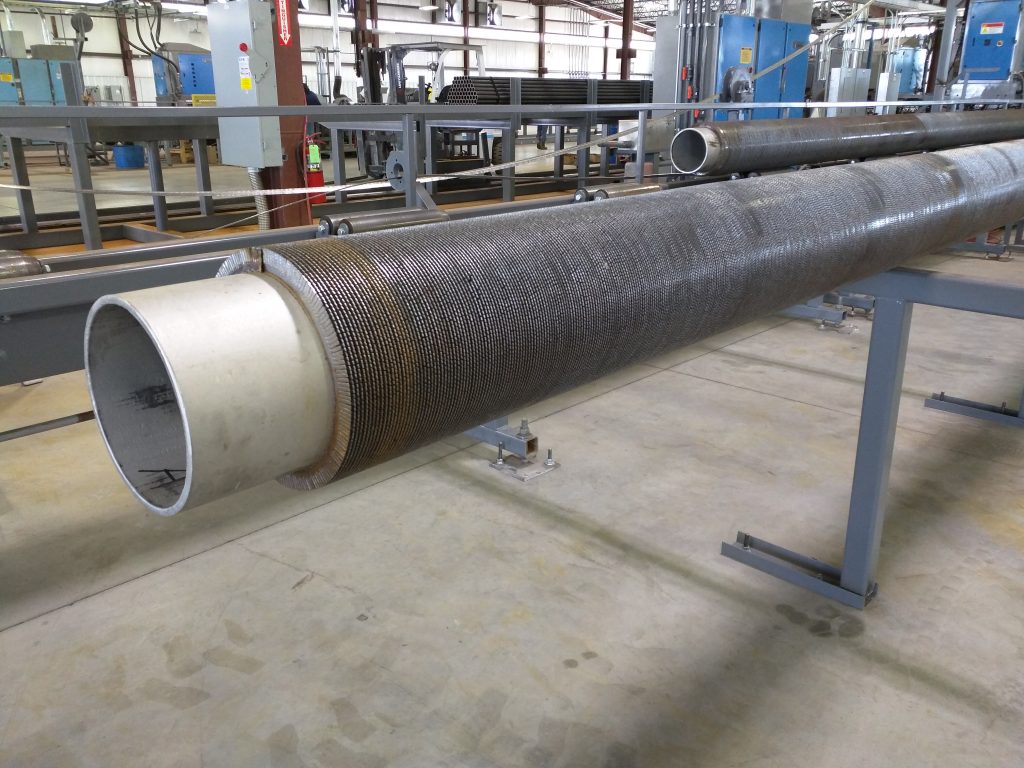
Gas Piping: Safety Tips and Best Practices for Installation
Installing gas piping systems requires safety and precision. Therefore, residential, commercial, or industrial applications demand proper installation to prevent accidents and ensure efficiency. This guide provides essential safety tips and best practices for gas piping installation, presented by Tulsa Fin Tube, experts in quality piping solutions.
Understanding Gas Piping Systems
Gas piping systems transport natural gas within buildings to fuel appliances like stoves, ovens, and heaters. Additionally, these systems use pipes and valves to control gas flow safely and deliver it efficiently where needed.
-
Know the Codes and Regulations
Before starting any gas piping installation, it is crucial to familiarize yourself with local codes and regulations. These rules ensure safety and reflect current standards and advancements. Moreover, compliance is essential for safety and legal requirements. Therefore, consult your local building inspector or a licensed professional to access the most up-to-date information.
-
Choose the Right Materials
Selecting the correct materials for gas piping ensures durability and reliability. For instance, black steel suits interior gas lines due to its resistance to leaks. Meanwhile, for outdoor use, materials like coated copper or polyethylene resist environmental conditions effectively. Always select materials that meet safety standards to ensure long-term performance.
-
Hire Professional Installers
Hiring professionals guarantees secure and leak-free gas piping installations. Moreover, qualified technicians prevent hazards such as gas leaks or pipe failures. Professionals also ensure installations comply with regulations and operate efficiently, thereby providing peace of mind for users.
-
Detect and Repair Leaks
Detecting and repairing leaks promptly is critical for safety. Even small leaks can cause significant dangers like fires or explosions. During and after installation, thoroughly test the system using approved methods, such as the soap bubble test. Furthermore, address any leaks immediately by contacting a professional technician.
-
Perform Regular Maintenance and Inspections
To maintain safety and efficiency, perform regular maintenance and inspections on gas piping systems. This includes checking for wear, stress, or environmental hazards. Additionally, replace any components showing signs of damage or malfunction. Routine inspections by professionals help identify issues before they escalate.
-
Educate All Users
Educating everyone interacting with the system ensures greater safety. Teach them to recognize gas smells or hissing sounds and how to respond to emergencies. Additionally, show them how to shut off the gas supply during emergencies. Educated users contribute significantly to overall safety and readiness.
Ensuring Safe and Efficient Gas Piping Systems
Installing gas piping systems safely requires knowledge, proper materials, professional installation, and regular maintenance. Furthermore, following these practices ensures safety, efficiency, and long-term reliability. At Tulsa Fin Tube, we provide high-quality materials and expertise to support safe and effective installations. Therefore, reach out to us for reliable solutions tailored to your needs.
For more detailed guidance or to inquire about our products, contact Tulsa Fin Tube today. Let us help you ensure that your gas systems meet the highest standards of safety and efficiency.
